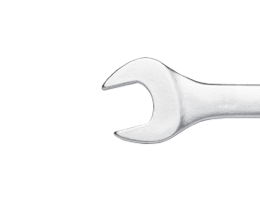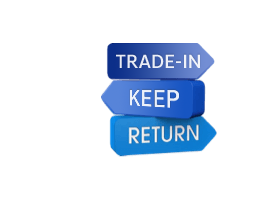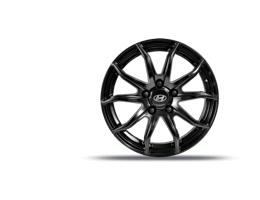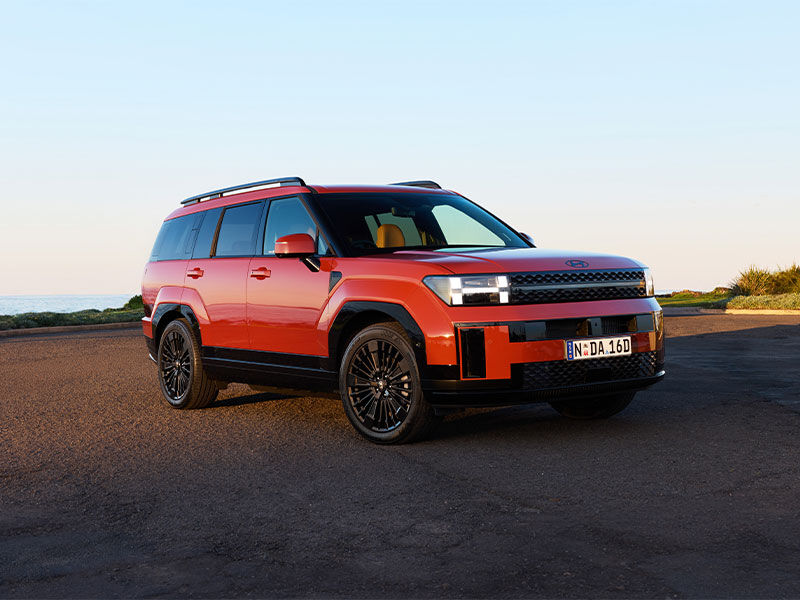Replacing your car earlier might actually save you money.
Wondering when to sell your old car and buy a new one?
At some stage every car owner faces a big decision – when to keep and when to upgrade? To work out if the time has come to swap your used Hyundai for a new model, you need to weigh up a number of important factors, including financial ones related to warranty expiration, the age of your current vehicle, the distance it has travelled, present and future repair costs, resale value and trade-in potential, and more.
Each car ownership situation is unique, but it’s always worth considering the value of a trade. Indeed, replacing your vehicle earlier rather than later might actually save you money in the long run.

CONSIDER THE DEPRECIATION CURVE
The common view is that a car most depreciates in value during the first two-to-three years of ownership. With that section of the depreciation curve in mind, there is little point holding onto your current vehicle if your personal circumstances or lifestyle have changed significantly in recent times and you already have your eye on a different, more appropriate model. In many cases you will be better off trading your current car now rather than waiting another 6-12 months to make an inevitable sale. The sooner you take action, the more value you might be able to protect.
SELL WHILE THE KILOMETRES ARE LOW
Even if you’ve missed the very early window to upgrade your Hyundai, there are still some potential financial benefits to selling within the first four years. For one, a car’s resale value is highly dependent on the number of kilometres it has done. Low kilometres and any unexpired portion of the factory warranty will appeal to potential buyers.
If your car gets driven frequently and far, it may be prudent to sell it for a higher price while the odometer reading is still in your favour. For example, a used car with less than 100,000 km on the clock often holds significantly greater appeal to buyers than the same car that has ticked into six figures for kilometres covered. It’s not always fair or right, but perception is reality when it comes to the condition of your used car for sale.

CUT DOWN FUEL AND REPAIR COSTS
The real nuts and bolts of your savings from a new car are found in reduced expenses related to fuel, repairs and maintenance. Over a reasonable length of time, a more fuel efficient vehicle saves you money. Perhaps even more importantly, owning a brand new car means seriously cutting down the cost of ongoing repairs and some major maintenance costs you would otherwise have to accept with an older car. As the years roll on, cars tend to require more care and maintenance.
ELIMINATE THE RISK OF FUTURE DAMAGE
Whether you’re trading in or making a private sale, you don’t want to give the dealer or buyer any reasons to undervalue your vehicle. For every week your car is on the road, the chance of it being involved in an accident and suffering minor or serious damage increases. Remember, defects cost you dollars. A car with a rocky road history or obvious superficial flaws is undoubtedly a car that commands less interest. Now that’s a shock you never want to absorb! Sometimes it’s best to simply sell for a reasonable price before an unfortunate incident.
DON’T IGNORE THE NEXT GENERATION
When a major manufacturer like Hyundai releases a new generation of a popular model, previous generations of the same model can take a dip in market value. Buyers will already have one eye on the latest and greatest available, and unfortunately your current car pays the price. It is therefore wise to sell your old car while it remains the current generation and before it is superseded.







